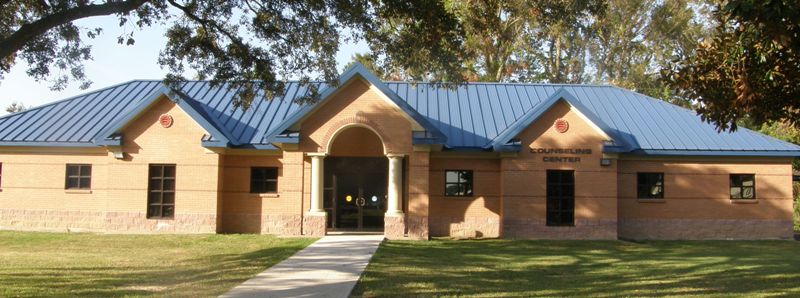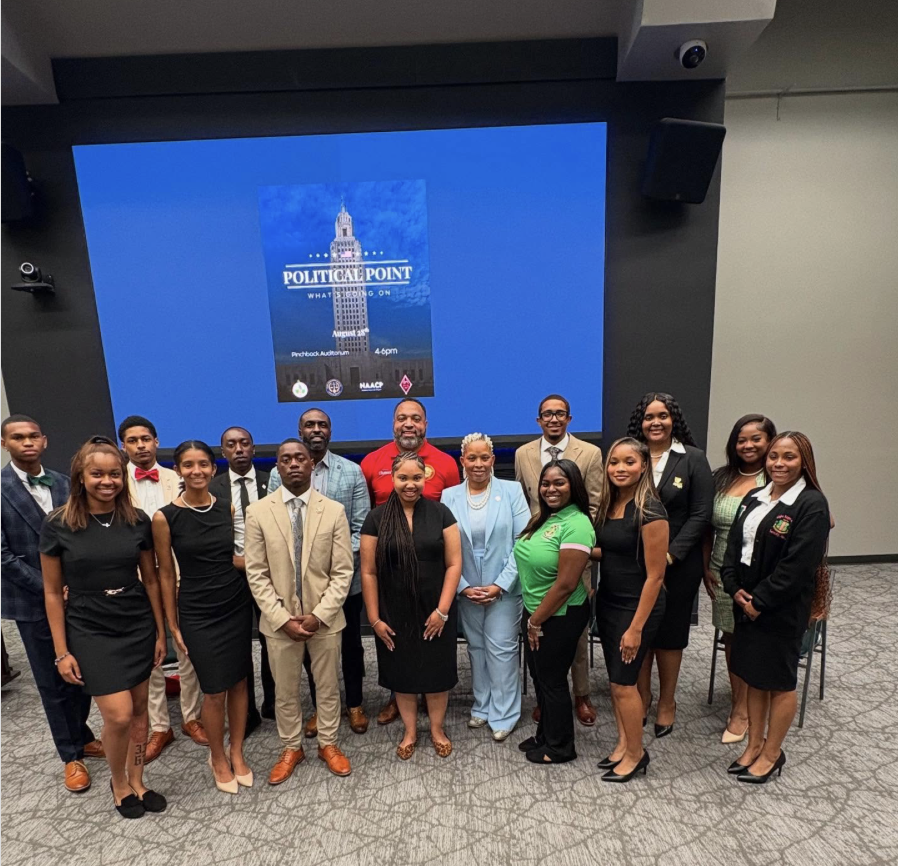Finances and finals are not the only worries concerning college students. A serious disease is threatening campuses everywhere.
The disease, meningococcal meningitis, spread through the exchange of throat and respiratory secretions by kissing or coughing. It is spread more easily in crowded living situations, such as in college dormitories. Research also suggests that behavior such as sharing drinks and smoking may play a role in the increase of the disease’s outbreak on college campuses since 1990.
Meningococcal meningitis, is a rare but potentially deadly disease. It affects approximately 3,000 Americans a year. In 1997, 19 percent of those with the disease were between ages 15-24. Of the 3,000 with the disease, 10-15 percent are killed.
The disease is caused by the bacteria neisseria meningitidis. It is an inflammation of the membranes surrounding the brain and spinal cord. It can cause hearing loss, learning disability, kidney failure, amputation, permanent brain damage, or death.
Symptoms of the disease, also called meningococcal disease, include high fever, stiff neck, severe headache, nausea, and vomiting. Behavior changes such as sleepiness, confusion, and difficulty waking up are extremely important symptoms and may require medical attention.
Recent studies from the Center for Disease Control and the University of Maryland showed the rates of meningococcal disease were three to six times greater in college freshman living in dorms than that of young adults who were not in college.
Another recent study has shown that many deaths occurring from meningococcal meningitis are preventable by receiving a vaccine.
The current vaccine is not for routine use. Therefore, the price of the vaccination is usually around $60-$85. The cost of the vaccine often deters students from getting the vaccination.
Dr. James Turner of Student Health Services at the University of Virginia at Charlottesville, stresses the importance of the receiving the vaccination. “If you tell 18-year-old kids they have a 5-6 percent chance of getting the disease, their eyes glaze over. That’s as great a risk as crossing the street to them,” he says.
According to Southern University Health Services, the vaccine will not be administered for free because of the vaccine’s high price. Students wanting the vaccination may obtain a prescription from Student Health Services. Once the vaccine is purchased, they will administer the vaccine. The cost of the vaccine is $96.29 from Walgreen’s Pharmacy on Essen Lane.
Categories:
Meningitis vaccine not free
September 14, 2001
0
More to Discover





